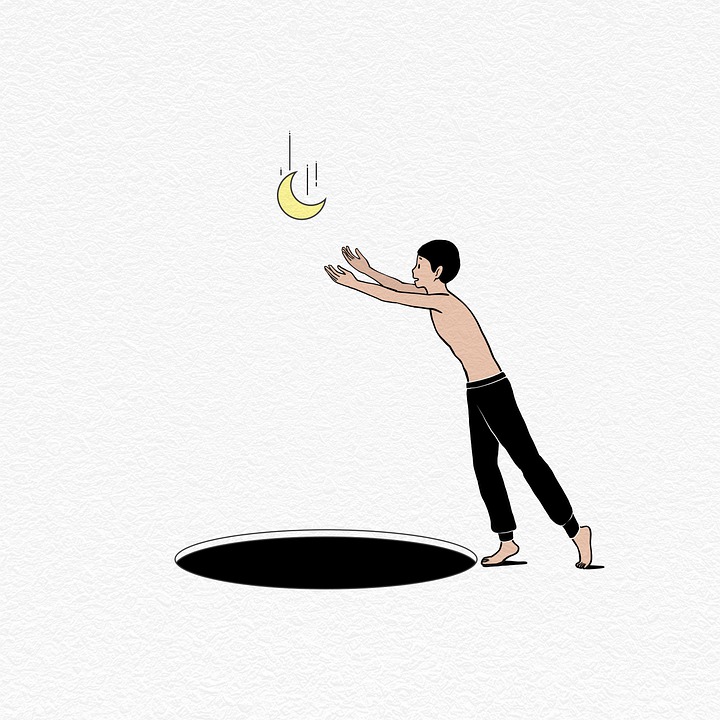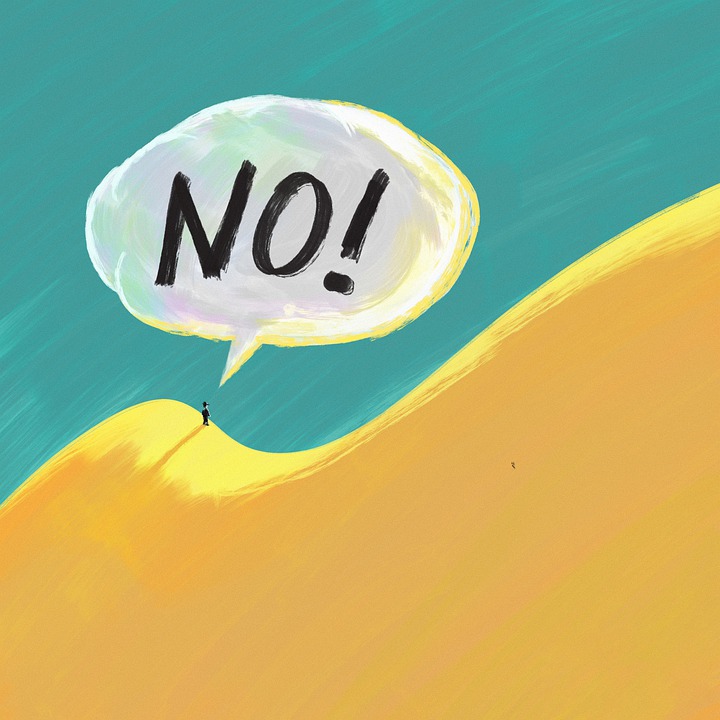
You are choosing to be here. In this place, in this living situation, in this building, in this spiritual community. You are making your choices everyday. You’re also not. Both are true. But recognizing that you are choosing is important. You are not a victim to the circumstances.
When you step outside of victimhood, you can start making choices. By simply asking yourself, how is it that I would like to spend my time? What is it that is most aligned for me right now – outside of any relational construct and without taking anyone else into consideration?
When you feel like you have no choice, you’re stuck, you’re bound, you’re imprisoned, you start behaving out of a role you feel as though is imposed on you. And that’s what feels like self-betrayal. Acting from obligation, imposition, no-choice. Feeling bound to, bound by, imposed upon, victim to. There are limitations but within those limitations, you’re also choosing. You can choose.
How is it that I would like to spend my time? What is it that is most aligned for me right now – outside of any relational construct and without taking anyone else into consideration?
You are choosing not to speak to your family right now, you are choosing not to be in a relationship but to continue living together, you are choosing that you don’t want to travel right now. You are choosing that you would like to be more selective with your spiritual communities and the support that you get.
You are choosing not to work right now. You are choosing to live in this apartment right now. You are choosing not to have a car right now. You are choosing that you don’t want to live in a bubble of a spiritual community which does not take into account the reality of your daily experience. You are choosing not to be constrained by the construct of marriage.
You chose not to go visit your father in the last year before he died. You chose not to be a part of your extended family’s life. You chose to break ties with your mother, brother and sister. You chose to start living with your partner 6 years ago. You chose all of that.
Once you take ownership of your choices, you no longer need to blame anyone or any situation or circumstance for them. You can own your choices and feel free in that.
The only obstacle in the way of that is your own self-doubt and self-judgement in regards to your choices – not trusting yourself. Not trusting that you are doing your best with what you’ve been given. And comparing yourself to others who are not in your situation and are not living your choices, just like you’re not living theirs.
There are choices, preferences within the construct of limitation. Once you can see that you can own your choices, trust yourself, trust you’re doing your best then there’s no need to give yourself away to others – to betray yourself by denying your own primary-ness in your own life.
You are choosing to buy the things you buy, to try the things you try, to not do what you don’t want to do, to eat what you eat etc. Distortion comes in when you, yourself are not clear about what actually feels true for you. And this unclear-ness comes from identifying with a role given to you. Doing the chores because you’re the one who does the chores. Doing for others what you think you have to do.
This “have to” is fear.
Fear of being seen as selfish, fear of being punished for not doing what “you’re supposed to do”, fear of others also acting or reacting without taking you into consideration. So you compromise. You bow down to the unspoken agreement. I’ll do this for you, because you do this for me.
Fear of survival comes in and you’re negotiating what feels true for you because you don’t want to rock the boat. You don’t want to ‘upset’ anyone because you’re scared of the repercussions of that upset. This is a very tangible thing that goes into the smallest decision, the tiniest gesture and the fear is the driving force behind this whole construct.
Acknowledge this fear, recognize it, recognize the behavioral-machine it puts into action, recognize the feel of it, the taste of it. It may feel like a sudden brain fog, or a descending heaviness, a feeling of suffocation. It may look like being hurried, trying to get all the things done – overwhelming yourself with more than you can handle in the moment. It may express itself as victimhood; being victim to the circumstances, to another person, to the action or behavior.
Victimhood often plays small, you start to feel small compared to another, compared to the world, compared to the tasks at hand. It may feel like trying to appease, keep the peace, “check in” with another to make sure they’re not upset. It may feel like guilt and a sense of burden towards another as though you’re causing more suffering to them by acting in accordance to your own truth.
The general telltale signs of this type of dynamic is a sense of self-betrayal, a lack of space or boundaries between you and another, a lack of space or boundaries around your own time. A feeling like things can’t wait, not allowing things to settle in you, in your own time. A feeling or urgency, powerlessness and an inability to steer the course of the day.
As well as, a sense of being burdened by another, a sense of dread, hopelessness, despair, disillusionment. A sense of obligation to another from a fear of abandoning them to themselves, to their experience and vice versa. A fear of being abandoned by the other in your own experience.
These dynamics play out unconsciously, in the darkness when there’s no light shed on them. But once you can see these things playing out in you, you do have a choice:
- Don’t buy into any self judgement or condemnation for the fact that these dynamics are playing out or resurfacing in you.
- Give yourself space in all that you feel and all that you do.
- Disentangle from any relational tentacles and be attuned to your own body and your own experience with gentleness and devotion.
- Realize that there is no reason at all to overwhelm yourself. If a conversation or a a task is overwhelming to you and you have the ability to remove yourself from said task or conversation, then do so.
- Recognize that there’s actually no problem. That given space, time and understanding, everything resolves itself by itself.
- Identify any sense of urgency in you; the sense of urgency is an illusion and does not serve or support anything other than reinforcing fear.
- You can choose how you spend your time, you can choose the boundaries you set with others in your environment, you can choose to be kind to yourself.
- Validate your choices and realize that you are making choices all the time.









